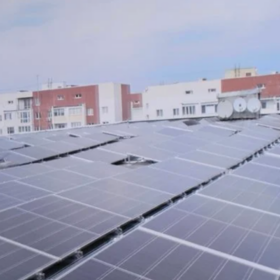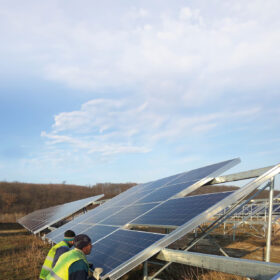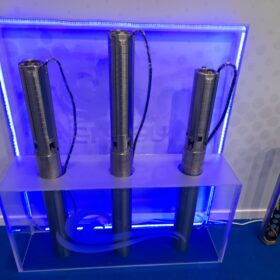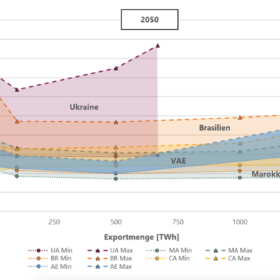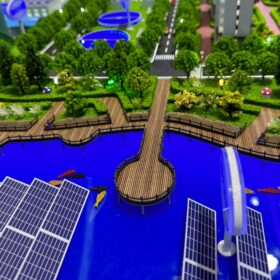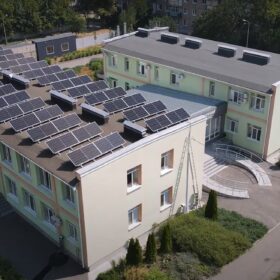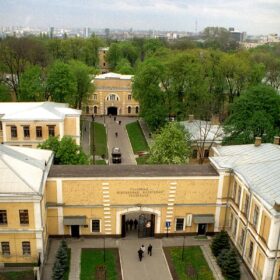Carbon battery startup aims to make energy storage circular
SorbiForce, a Ukrainian energy storage company now in Arizona, has developed metal-free organic batteries made entirely from agricultural waste.
Norway donates $5.5 million for solar at Ukrainian hospitals, schools
The $5.5 million funding package will see 13 solar installations deployed at hospitals and schools across the city of Kharkiv this year, with a combined capacity of 1.1 MW.
Solar a beacon of hope as Ukrainians yearn for peace
Solar energy has been essential for survival in Ukraine during nearly three years of war since the Russian invasion in 2022. As citizens hope for peace, PV will be instrumental in supporting post-war recovery, whenever it comes.
PV-driven solar water pumping system based on supercapacitor buffer
Scientists have proposed a novel design for standalone solar PV water pumping systems, using an intermediate supercapacitor buffer to temporarily store solar energy and release it in high-power pulses. Daily water productivity has grown by 64%, based on a simulation. An experimental setup was also tested.
Ukraine adds over 800 MW of solar in 2024
The Solar Energy Association of Ukraine says the country installed 800 MW to 850 MW of solar capacity in 2024, driven mainly by business and residential installations.
Global hydrogen atlas shows potential import countries for Germany
Researchers from the Fraunhofer Institute for Solar Energy Systems have analyzed the techno-economic potential of importing hydrogen to Germany from Brazil, Morocco, Canada, Ukraine and the United Arab Emirates.
Assessing floating PV costs across Europe
Researchers have analyzed the viability of floating PV in terms of net present value, internal rate of return, and LCOE. They included 25 European countries in their work, including Germany, the United Kingdom, Spain, and Italy.
Solar-plus-storage systems inaugurated at two Ukrainian hospitals
Two Ukrainian hospitals recently hosted inauguration ceremonies for hybrid solar and storage systems that have been installed through an initiative spearheaded by the RePower Ukraine Charitable Foundation.
Ukraine receives solar panels to power hospitals
Over 5,800 solar panels manufactured by Italy’s Enel have been delivered to Ukraine to help power healthcare facilties.
Feasibility study assesses PV plants for Ukrainian hospitals, water facilities
A new study by the United Nations Development Programme in Ukraine assesses the feasibility of 37 solar projects proposed at hospitals and water supply facilities in 18 Ukrainian cities. It shows the potential to generate around 16 million kWh of clean energy if fully implemented, ensuring uninterrupted power supply.

